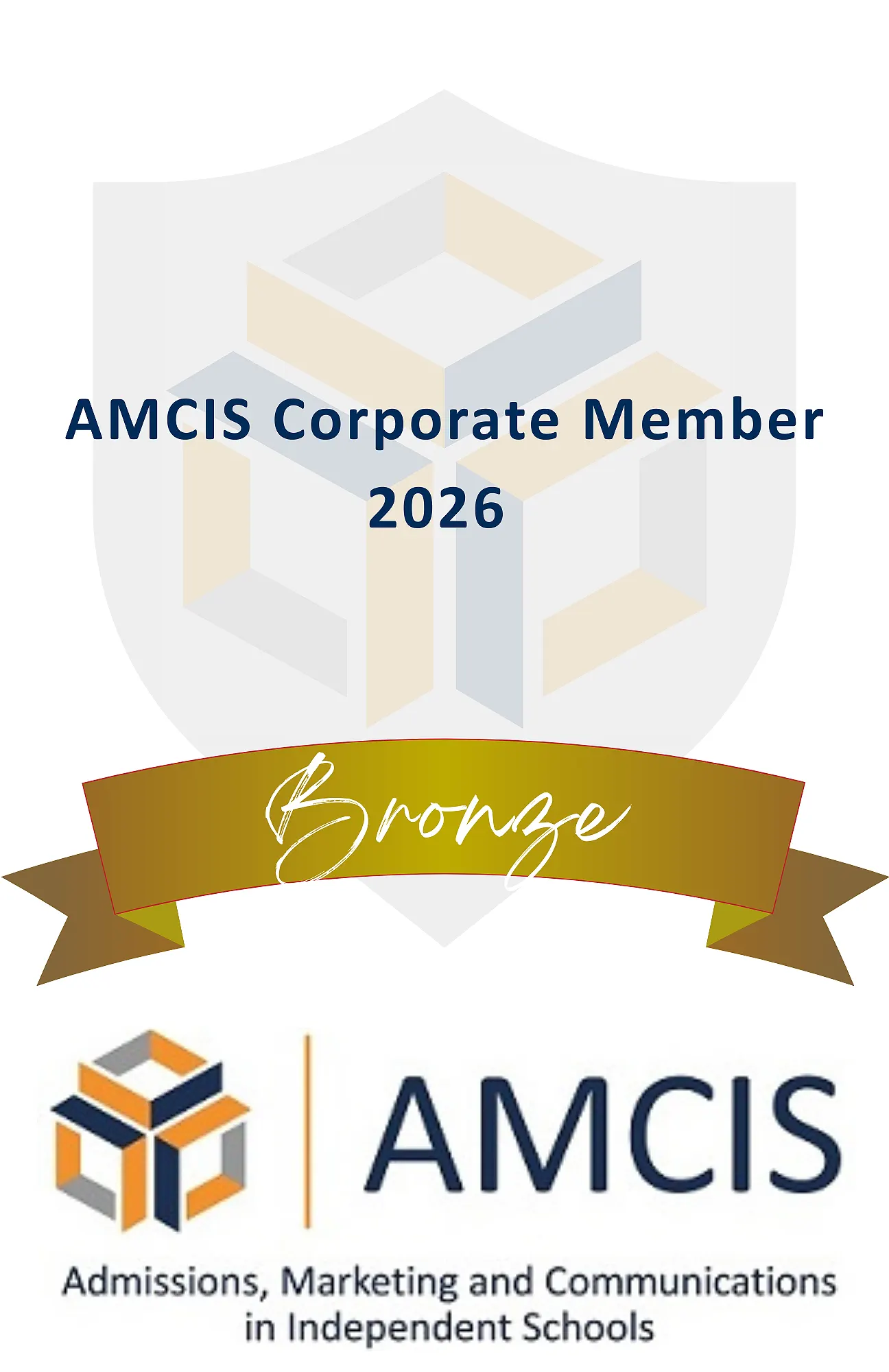Generation Z, the cohort born between the mid-1990s and early 2010s, has unique characteristics and preferences that shape their student experience. To gain a comprehensive understanding of their journey, let’s explore three main stages:
- Pre-enrollment/recruitment
- In-class experience
- Post-graduation/job market transition.
Pre-Enrollment/Recruitment Experience:
Gen-Z students approach the college selection process quite differently compared to previous generations. They tend to make decisions quickly, with a significant percentage (47%) choosing a college within three months or less. If you compare it with other generations, that's 12 percentage points higher. Key insights into their pre-enrollment experience include:
Career Advancement Focus:
41% of Gen-Z students are primarily motivated to return to college for career advancement opportunities. While only 22% go solely for raising their earning potential. This indicates their desire for practical and applicable skills.
Online and Mixed Instruction Preferences:
A significant majority (80%) of Gen-Z students prefer either an all-online courseload or a mixed model of instruction when applying for postgraduate courses. This preference may stem from their recent experience with remote learning during the pandemic.
Interest in Specific Programs:
Gen-Z students show increased interest in programs related to medicine and health, business, and the social and behavioral sciences. This interest may be influenced by their experiences during the pandemic and a desire to make a positive impact in these fields.
In-Class Experience:
Once enrolled, Gen-Z students have specific expectations and preferences for their in-class experience. Understanding these factors can help institutions create a more engaging and effective learning environment. Key insights include:
Desire for In-Person Instruction:
Despite their preference for online and mixed instruction, 45% of Gen-Z students still value in-person instruction. This may be attributed to their desire for traditional experiences they may have missed during remote learning.
Engaging and Interactive Learning:
Gen-Z students thrive in interactive and engaging learning environments. Incorporating technology, group activities, and real-world applications can enhance their learning experience.
Prompt Communication and Information:
Gen-Z students expect prompt responses from academic institutions and prefer to gather information themselves. Providing easily accessible resources and opportunities for self-guided exploration can help meet their expectations.
Post-Graduation/Transition into the Job Market:
As Gen-Z students transition into the job market, understanding their expectations and aspirations is crucial for institutions and employers. Here are some key insights:
Career Growth and Fulfillment:
Gen-Z students prioritize career growth and fulfillment. They seek opportunities that align with their values and offer room for professional development.
Entrepreneurial Mindset:
A growing number of Gen-Z students are opting for alternative paths to success, such as entrepreneurship, rather than traditional employment. They value autonomy and the ability to shape their own careers.
Flexibility and Work-Life Balance:
Gen-Z students prioritize work-life balance and seek flexible work arrangements. They value the ability to pursue personal interests and maintain a healthy lifestyle alongside their careers.
In conclusion, understanding the Gen-Z student experience is crucial for educational institutions and employers to effectively cater to their needs and aspirations. The pre-enrollment/recruitment stage highlights their career-focused mindset and preference for online and mixed instruction. In the in-class experience, creating engaging and interactive learning environments is key to their success. Finally, in the post-graduation/job market transition, Gen-Z students prioritize career growth, flexibility, and work-life balance. By recognizing and adapting to these preferences, institutions and employers can better support Gen-Z students in their educational journey and beyond, ultimately setting them up for success in the ever-evolving job market.


.png)



